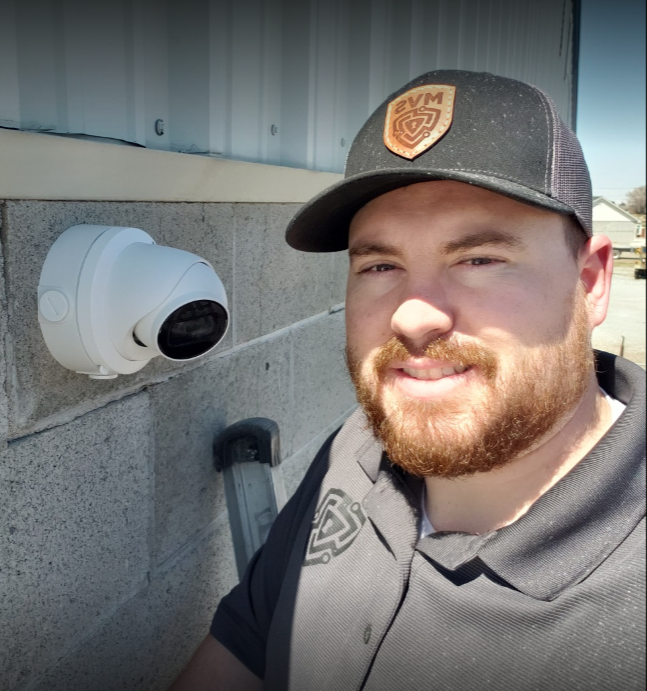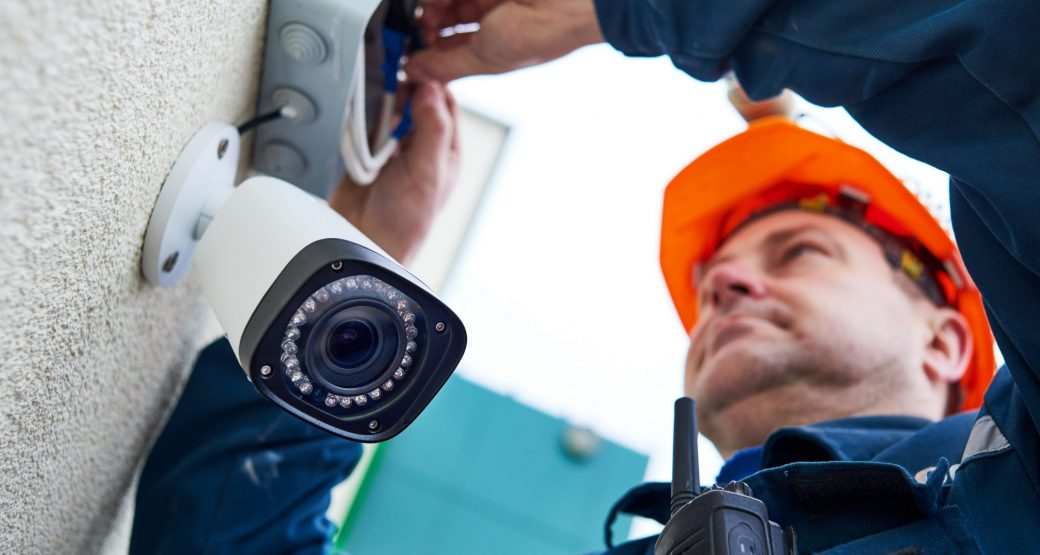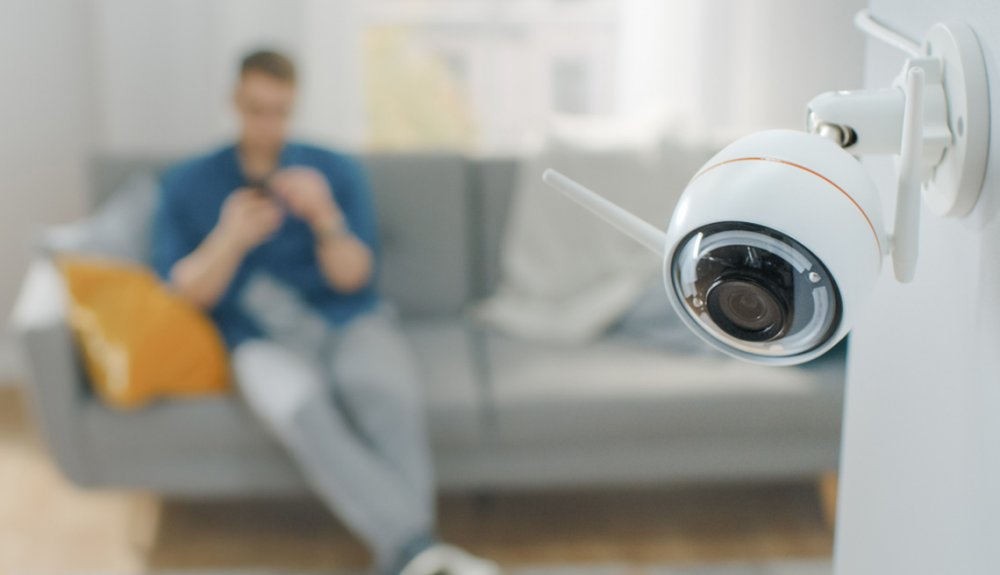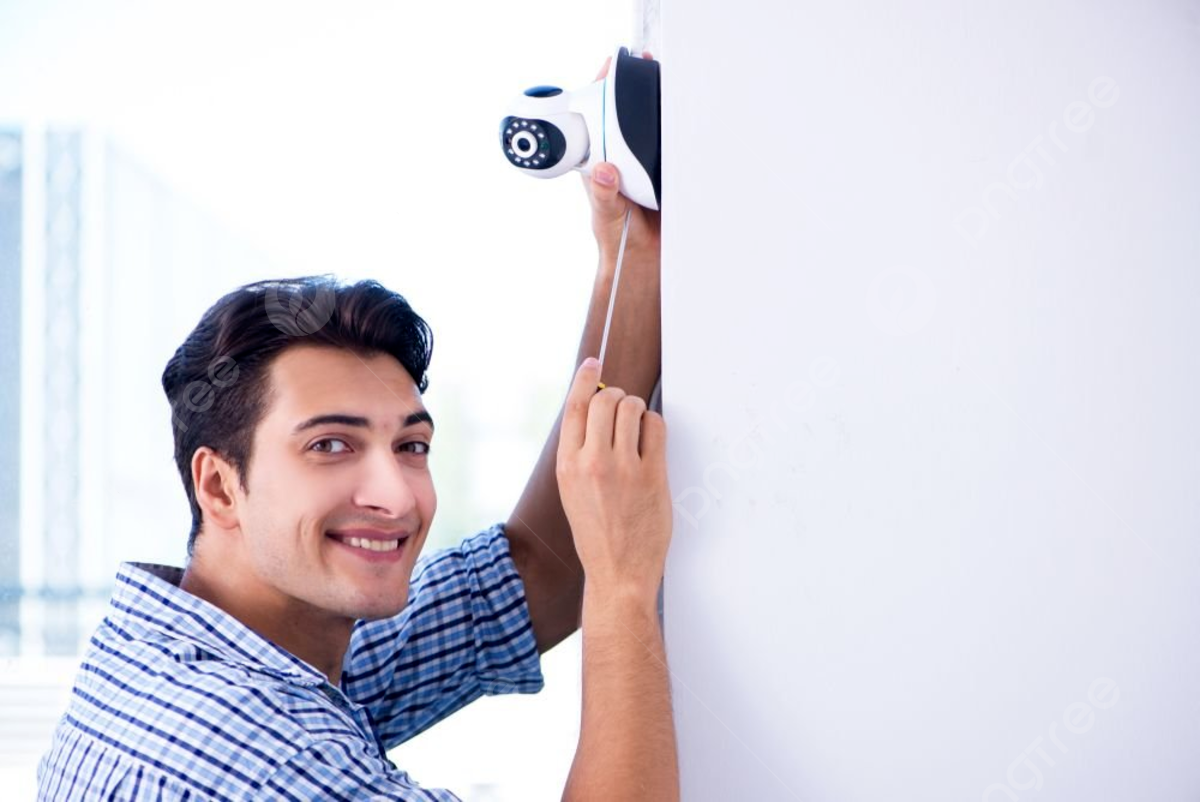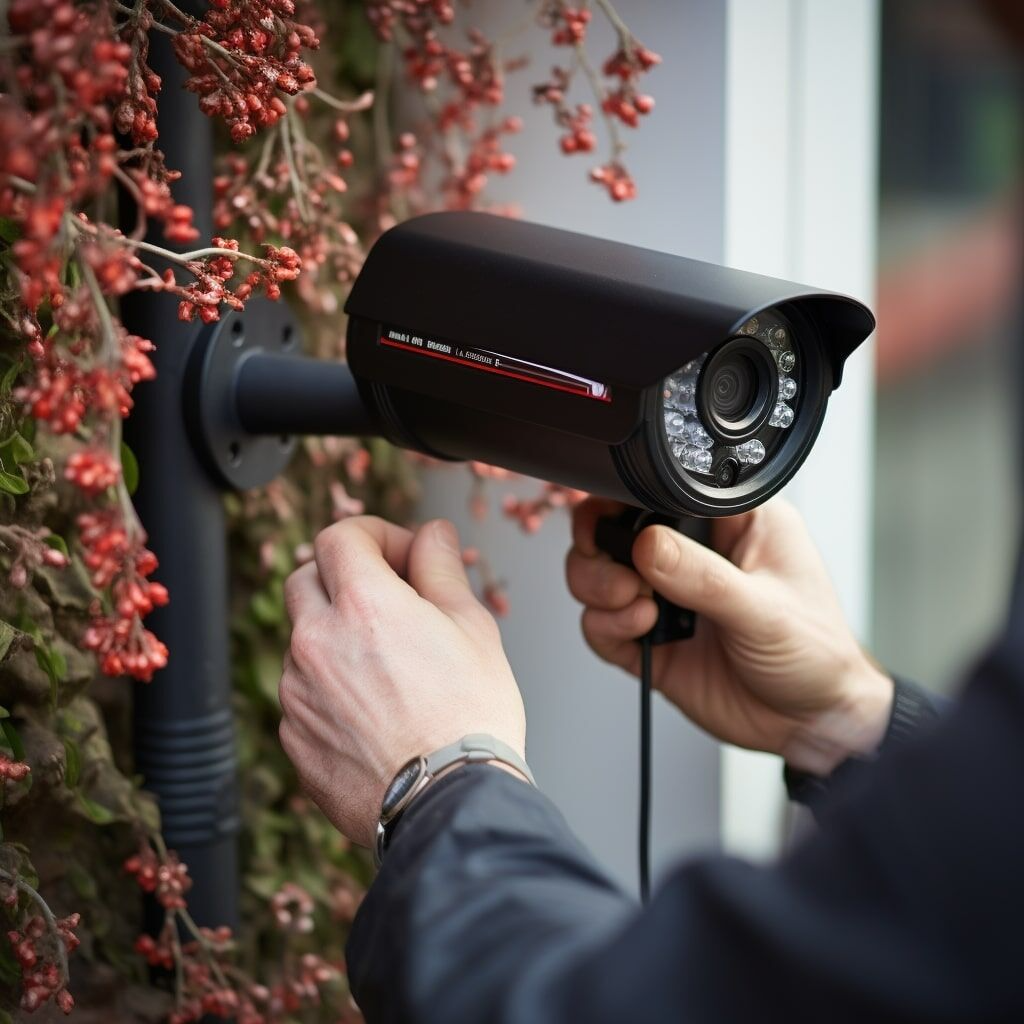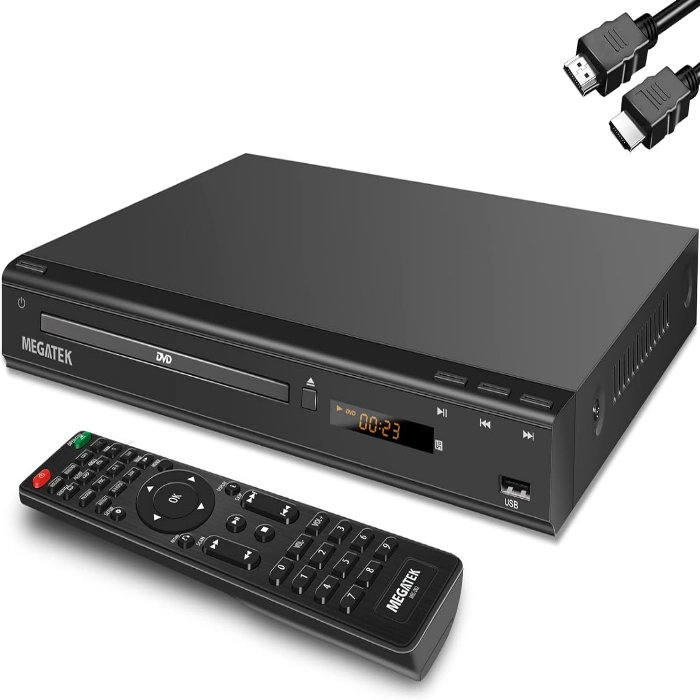Exploring the Role of the Surveillance Camera Operator
surveillance camera operators play a critical role in security and monitoring operations. They are the individuals responsible for overseeing surveillance systems that capture video footage in various settings of surveillance camera, such as retail stores, commercial buildings, and public areas.
The Rise of Surveillance in Modern Society
Surveillance has become an increasingly prevalent aspect of modern society, with cameras and other monitoring technologies being used in a wide range of settings. And includes public spaces, workplaces, and even homes. The rise of surveillance can be going to attribut to a number of factors, including advances in technology. And concerns about crime and terrorism, and the desire to improve public safety and security.
One of the key drivers of the rise of surveillance is the widespread availability of low-cost, high-quality cameras and other monitoring technologies. These technologies have become increasingly affordable and accessible. And can now be found in a wide range of settings, from small businesses to large public spaces.
In addition to advances in technology, the rise of surveillance can also be attributed to concerns about crime and terrorism. In recent years, there has been a growing trend towards the use of surveillance technologies as a means of preventing and detecting criminal activity and terrorist threats.
Another factor contributing to the rise of surveillance is the desire to improve public safety and security. Many governments and organizations view surveillance as a way of protecting the public from harm, and of ensuring the safety and well-being of citizens.
The Skills and Responsibilities of a Surveillance Camera Operator
A surveillance camera operator must possess a unique skill set, including attention to detail, an understanding of surveillance technology, the ability to analyze situations quickly, and often, knowledge of legal and ethical guidelines surrounding surveillance.
Understanding Surveillance Camera Equipment
Surveillance cameras are a type of security camera that are used to monitor and record activity in a specific area. There are many different types of surveillance cameras available, each with its own unique features and capabilities.
One of the key features of surveillance cameras is their ability to capture high-quality images and video. Many modern surveillance cameras are equipped with advanced imaging technologies, such as high-definition (HD) cameras and night vision capabilities, which allow them to capture clear and detailed images, even in low-light conditions.
In addition to their imaging capabilities, surveillance cameras also often come with a range of other features, such as motion detection, audio recording, and remote viewing capabilities. These features can be useful for detecting and responding to potential security threats, and for monitoring activity in real-time.
When selecting a surveillance camera, it is important to consider the specific needs and requirements of your application. For example, you may need to choose a camera with a wide field of view if you want to cover a large area, or one with advanced imaging capabilities if you need to capture high-quality images in low-light conditions.
Overall, understanding the features and capabilities of surveillance camera equipment is important for ensuring that you choose the right camera for your needs. By considering factors such as image quality, field of view, and additional features, you can choose a surveillance camera that will help you to effectively monitor and secure your property.
Best Practices in Surveillance Camera Monitoring
Effective monitoring involves more than watching screens. A closer look at what a typical day might look like for a surveillance camera operator. And including the routines and unexpected situations that can arise during a shift. Surveillance camera operators are often the first to spot emergencies or criminal activities. An exploration of how the presence of surveillance camera and operators can deter crime. And the evidence that supports the effectiveness of surveillance in reducing criminal activity.
Surveillance in Different Industries
Surveillance needs can vary greatly depending on the industry. Retail, gaming, and transportation are just a few sectors where surveillance plays a crucial role. Each setting demands specific approaches and presents unique challenges for operators.
The Debate Over Mass Surveillance in Public Spaces
The debate over mass surveillance in public spaces is a contentious issue that pits the need for enhanced security measures against the protection of individual privacy rights. The proliferation of surveillance technology, from CCTV cameras to advanced biometric systems, has made it possible to monitor public spaces with an unprecedented level of detail. While proponents argue that this increased surveillance helps prevent crime and terrorism, critics raise concerns about the potential for abuse and the erosion of personal freedoms.
The Case for Enhanced Surveillance Camera
Preventing Crime and Terrorism
Supporters of mass surveillance in public spaces claim that the presence of cameras acts as a deterrent for criminal activity. And can provide critical information to law enforcement agencies in the event of a terrorist attack. The ability to quickly identify and respond to threats is cited as a significant advantage in maintaining public safety.
Technological Advancements
The development of sophisticated surveillance technologies, such as facial recognition and artificial intelligence, has improved the efficiency and accuracy of monitoring systems. Proponents argue that these advancements enable a more targeted approach to surveillance. And reducing the need for broad and indiscriminate data collection.
Public Safety and Order
Mass surveillance is often presented as necessary for managing large public events, controlling crowds, and coordinating responses to emergencies. In these contexts, surveillance is seen as an essential tool for ensuring the safety and order of citizens.
Legal and Regulatory Frameworks
Advocates for surveillance claim that with appropriate legal and regulatory frameworks, the privacy concerns can be mitigated. They contend that oversight mechanisms, transparency in the use of collected data. And strict adherence to laws can preserve citizens’ rights while still benefiting from increased security.
Conclusion of a Surveillance Camera Operator
In closing, the role of the surveillance camera operator is more integral than ever in ensuring safety and security. By understanding the responsibilities, challenges, and evolving nature of this role, we gain insight into the complex world of surveillance. And the individuals who monitor it.
